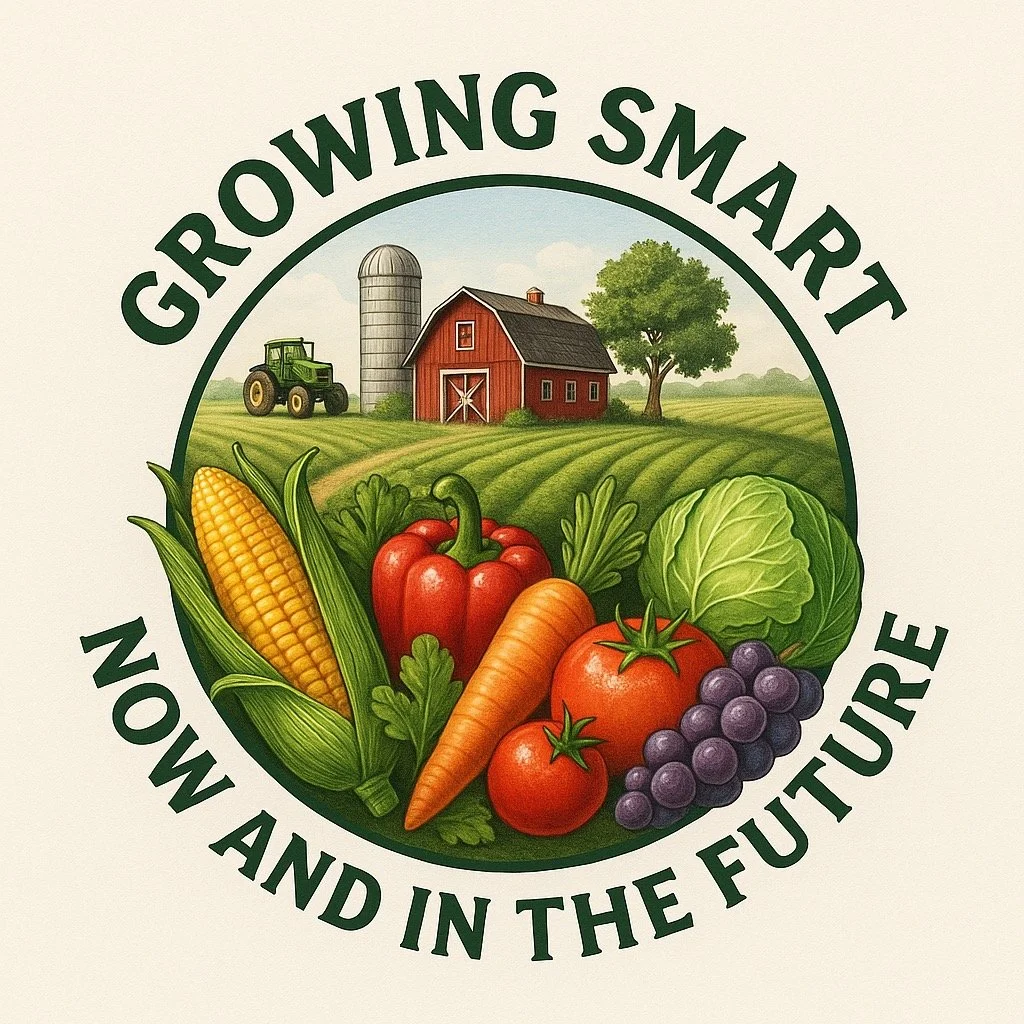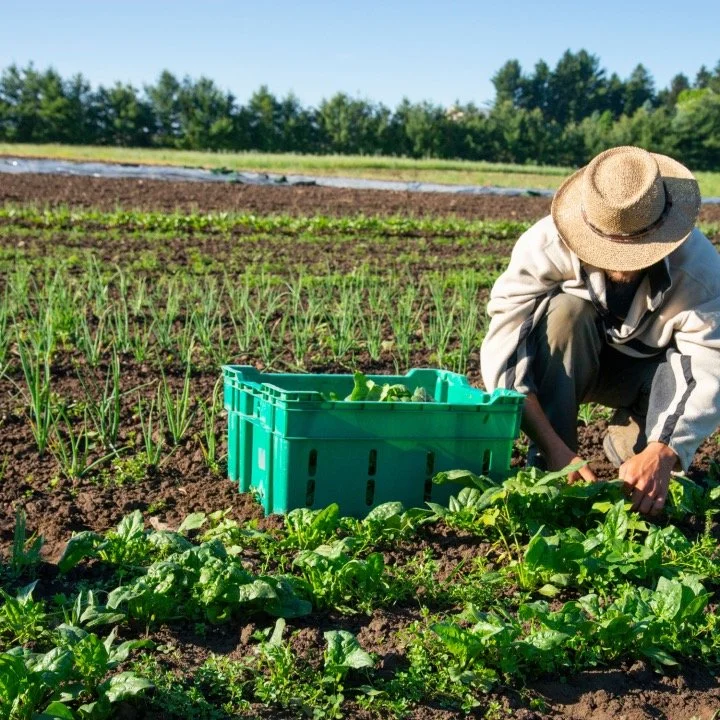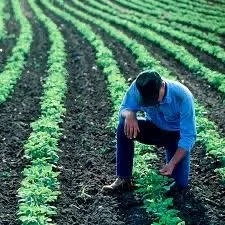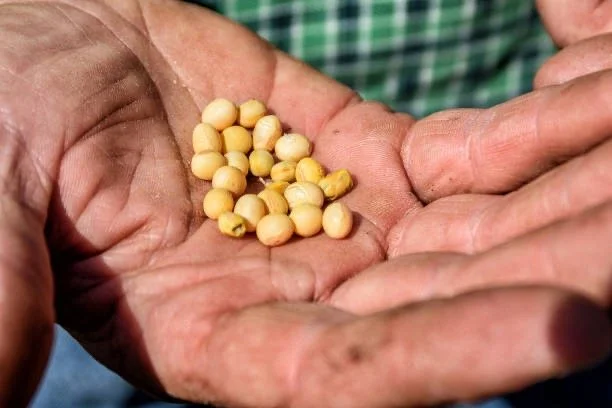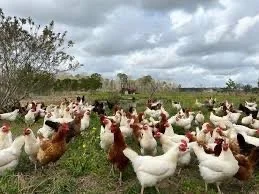Natural Resources Conservation Service
U.S. Department of Agriculture
Mission: To help farmers, ranchers, and landowners conserve natural resources such as soil, water, air, plants, and animals while keeping their land productive.
What is NRCS?
The Natural Resources Conservation Service (NRCS) is a USDA agency that helps farmers conserve soil, water, and other natural resources through expert guidance and financial support—promoting sustainable, productive agriculture for future generations.
Key Programs
Some of the most common programs include:
EQIP (Environmental Quality Incentives Program) – Funding for conservation practices like cover crops, irrigation upgrades, and erosion control.
CSP (Conservation Stewardship Program) – Rewards and supports farmers already using advanced conservation practices.
AMA (Agricultural Management Assistance) – Helps with risk management, irrigation efficiency, and conservation improvements.Help farms run more efficiently and sustainably
Why NRCS Matters
NRCS helps farmers protect their land while improving productivity. By offering tools, funding, and expert support, NRCS makes conservation accessible—ensuring long-term food security, environmental health, and economic opportunity for communities.
What NRCS Does
NRCS provides free technical guidance and financial assistance for conservation projects that:
Improve soil health and crop yields
Protect water quality and reduce erosion
Support climate-smart agriculture and drought resilience
Enhance wildlife habitat
Help farms run more efficiently and sustainably
We envision a stronger, more equitable Louisiana where farmers thrive, communities access fresh food, and agriculture drives opportunity and resilience.

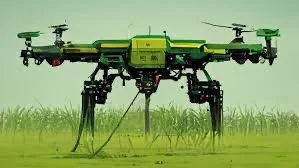
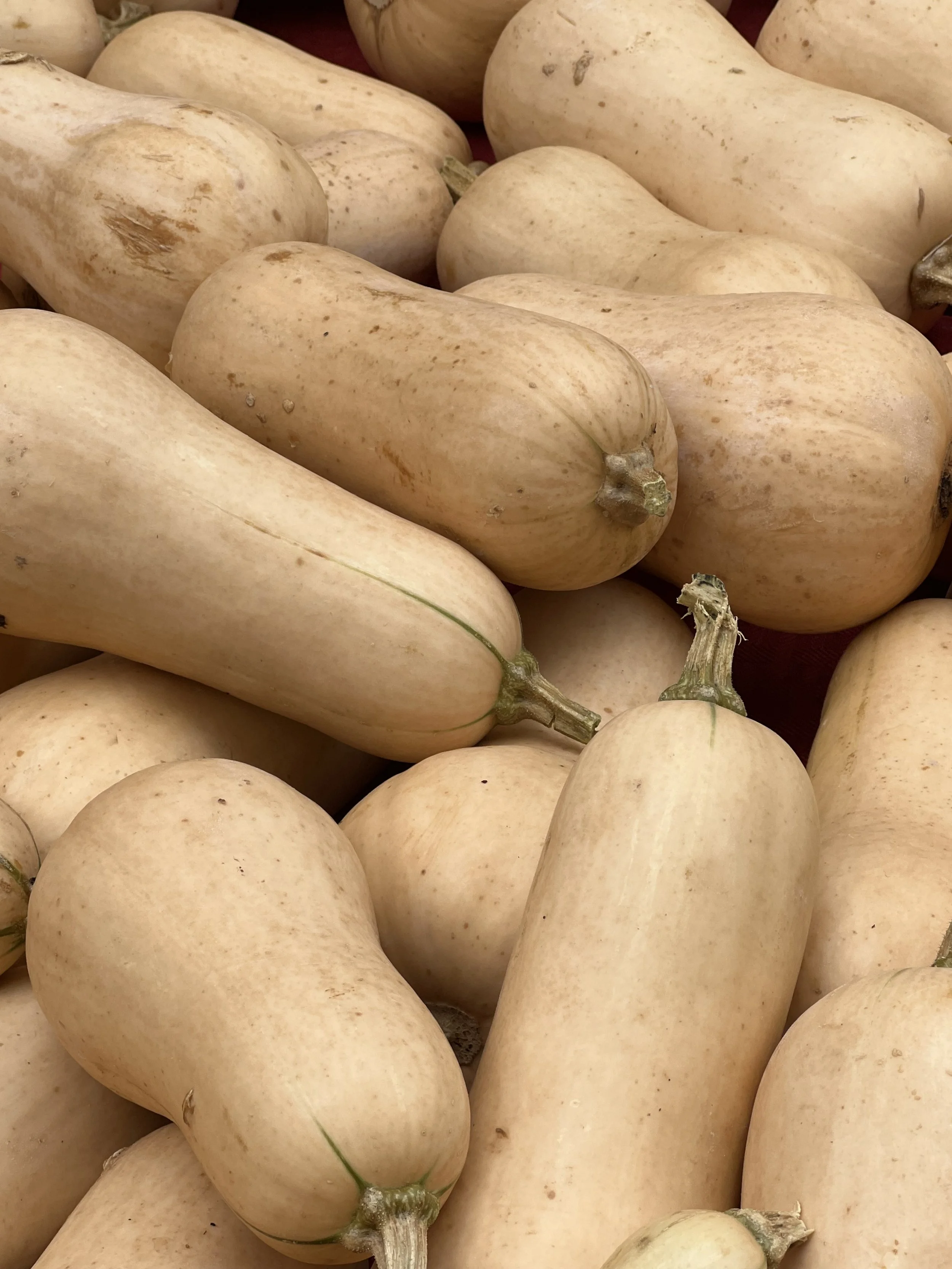
Why NRCS Matters to Louisiana
Funding access: Millions of dollars are available each year for eligible projects.
Technical expertise: Specialists help tailor conservation plans to your land and goals.
Long-term benefits: Healthy soil, cleaner water, stronger crops, and more resilient farms.
Community impact: Supports food security, local economies, and environmental stewardship.
Who Can Benefit
Farmers and ranchers (large and small-scale)
Urban and community gardeners
Landowners looking to restore or protect their property
Nonprofits and schools involved in agriculture or conservation
